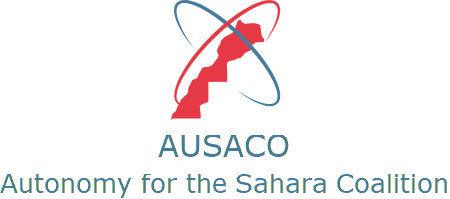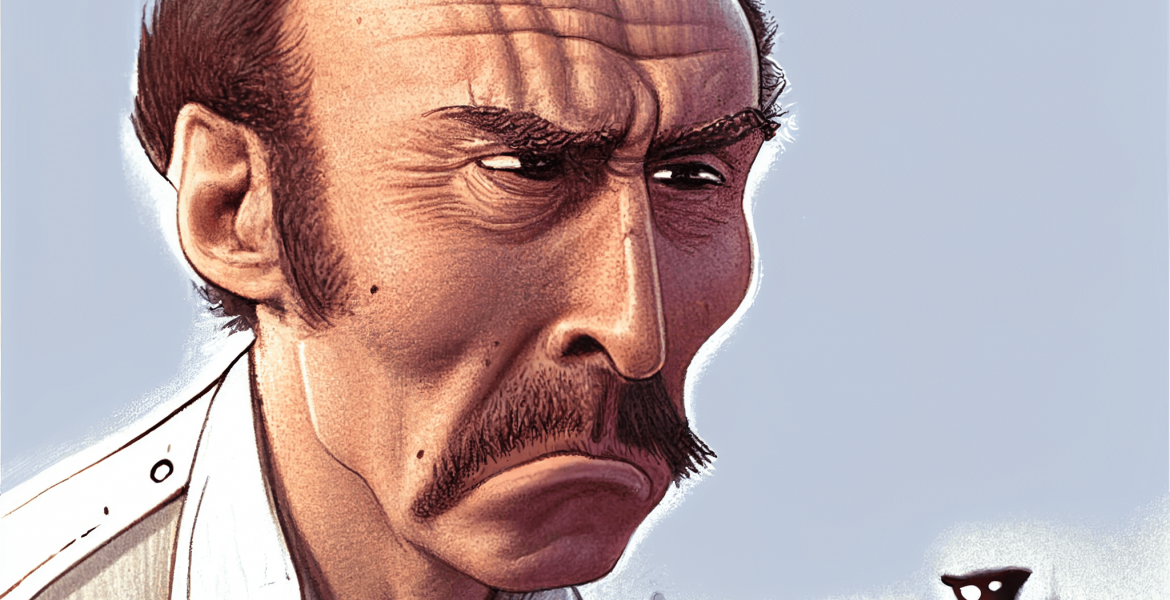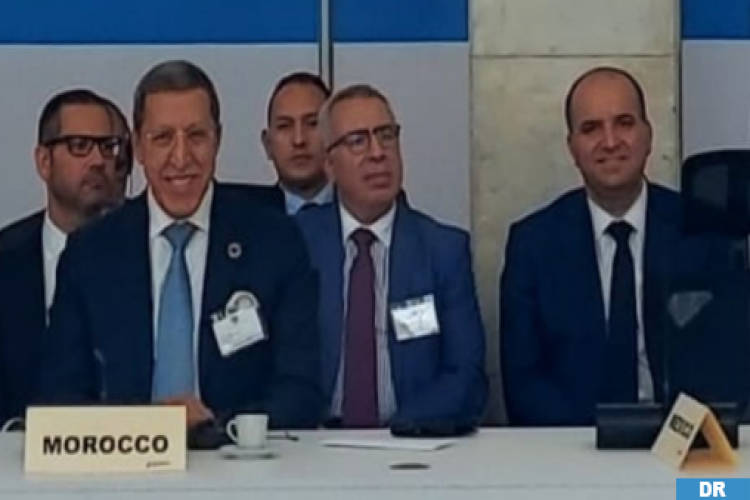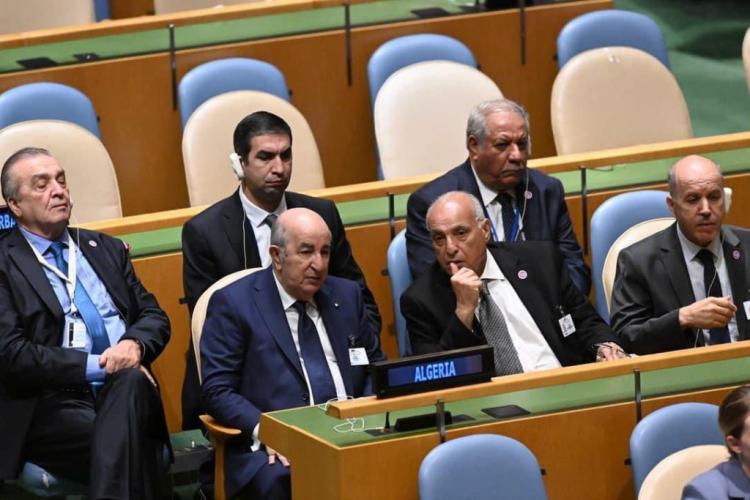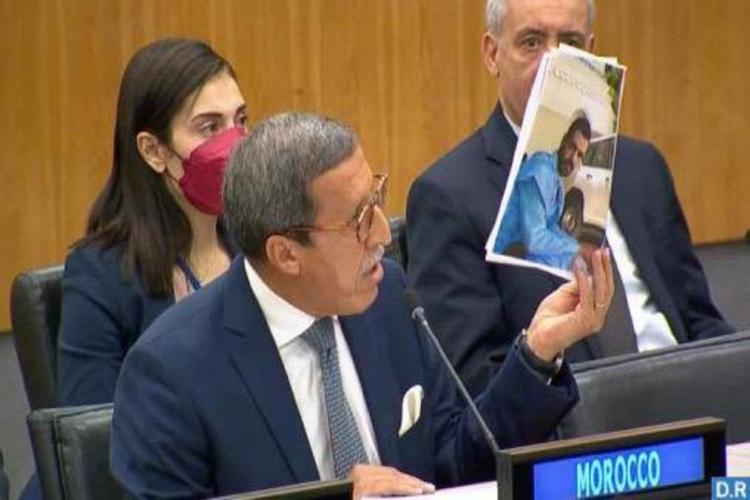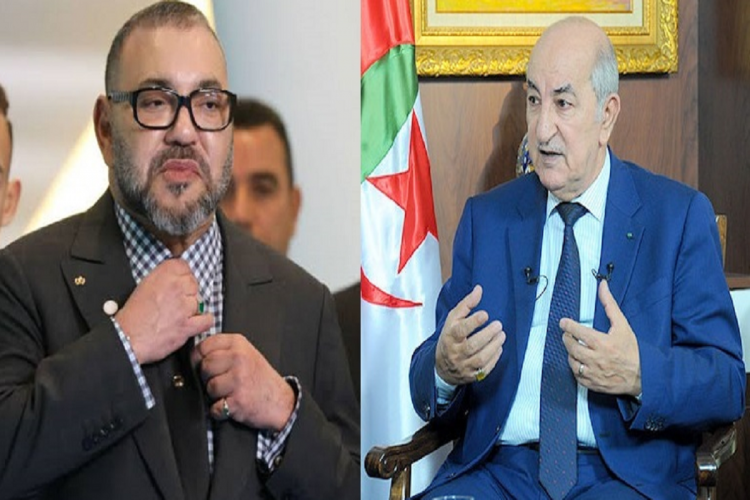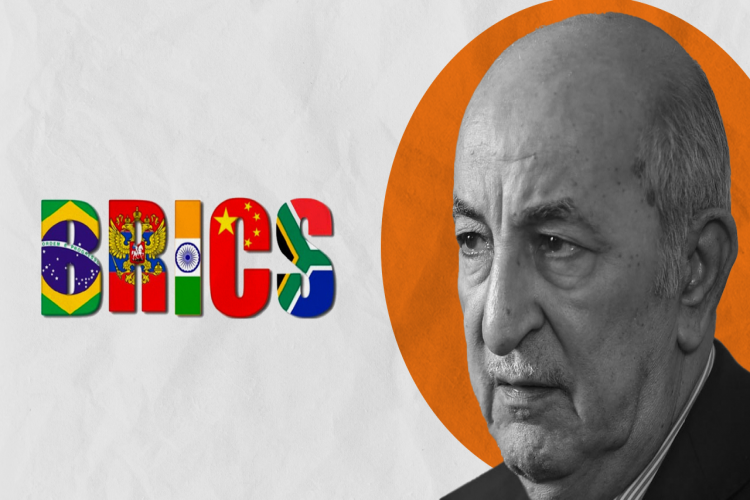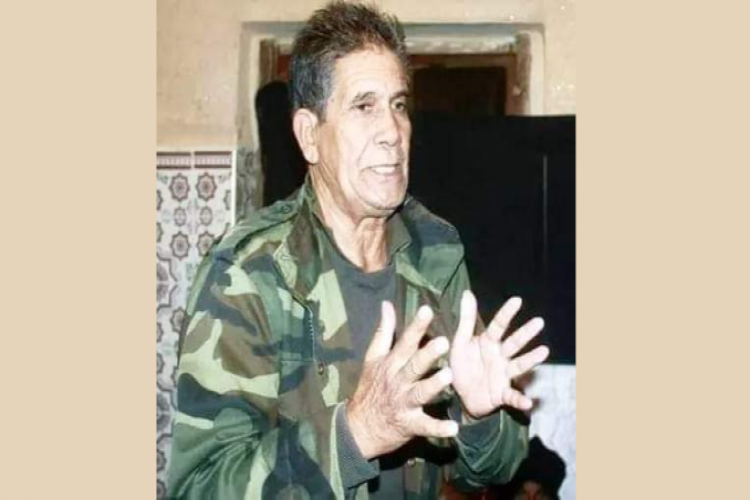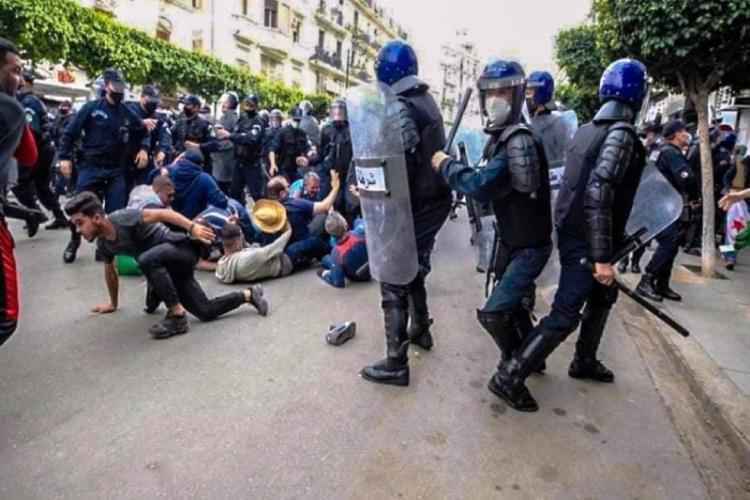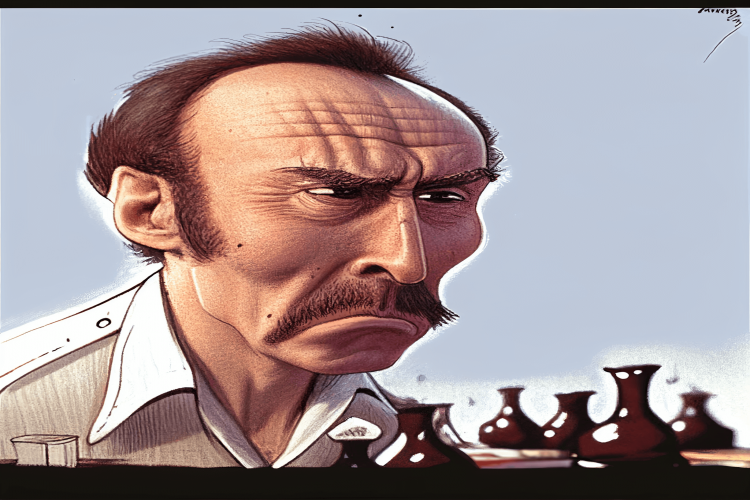Algeria, a central actor in the Western Sahara conflict.
The resolution of the regional dispute over the Moroccan Sahara is only a matter of time, provided that the main party to this regional dispute, namely Algeria, participates in good faith in the UN roundtable process, in accordance with Security Council resolution 2602.
The conflict over the Moroccan Sahara is a geopolitical dispute that emerged in the context of the Cold War at the instigation of Algeria. Indeed, Morocco's legitimate rights over its Sahara have a historical character, as the Sahara region has always been the gateway of Morocco to sub-Saharan Africa and the extension of its African roots.
Furthermore, it was Morocco that placed the question of the Moroccan Sahara on the agenda of the UN Fourth Committee in 1963, at a time when the "Polisario" did not exist yet; it was created only ten years later to challenge the territorial integrity of the Kingdom.
The decolonization of this region was completed with the signing of the Madrid Agreement in 1975, which removed the colonial burden. The UN General Assembly acknowledged this agreement in its resolution 3458/B.
In light of the geopolitical nature of this artificial dispute, it is clear that its resolution necessarily depends on the serious and good faith participation of the host country of the Tindouf camps in the search for a political solution. Indeed, this country continues to provide political, diplomatic, financial, and military support to the "Polisario" at the expense of the security and stability of the Sahelo-Saharan regional space.
In fact, Algeria remains the only country that opposes the Autonomy Initiative, in an obvious strategy to maintain the status quo. Moreover, paradoxically, this country had proposed in 2002 the partition of the Sahara region and its population, as recorded in the report of the Secretary-General S/2002/178. This demonstrates the emptiness and bad faith of this state in its so-called defense of the right to self-determination.
However, African countries know that the challenges in their continent are numerous and how crucial their unity is to overcome them. Therefore, several African and other countries support the exclusively UN-led process to reach a definitive political solution to this dispute that has lasted too long.
Furthermore, separatism is a scourge with multiple connections to terrorism, and transborder criminality is one of the channels of communication.
The "Polisario" is the ultimate illustration of this link. The handful of leaders who have made the situation of the populations of the Tindouf camps a commodity are known for their multiple criminal activities. And while the population of the camps languishes in a disastrous humanitarian situation, the host country continues to arm this separatist militia at great expense.
Moreover, this armed group maintains notorious relations with terrorist groups that proliferate in the region. The former leader of the Islamic State group in the Greater Sahara (Adnane Abou Walid al-Sahraoui) is a former member of the "Polisario."
Based on these findings, the Moroccan Autonomy Initiative remains the only and unique solution to the regional dispute over the Moroccan Sahara.
By Professor Abdellatif Aidara
